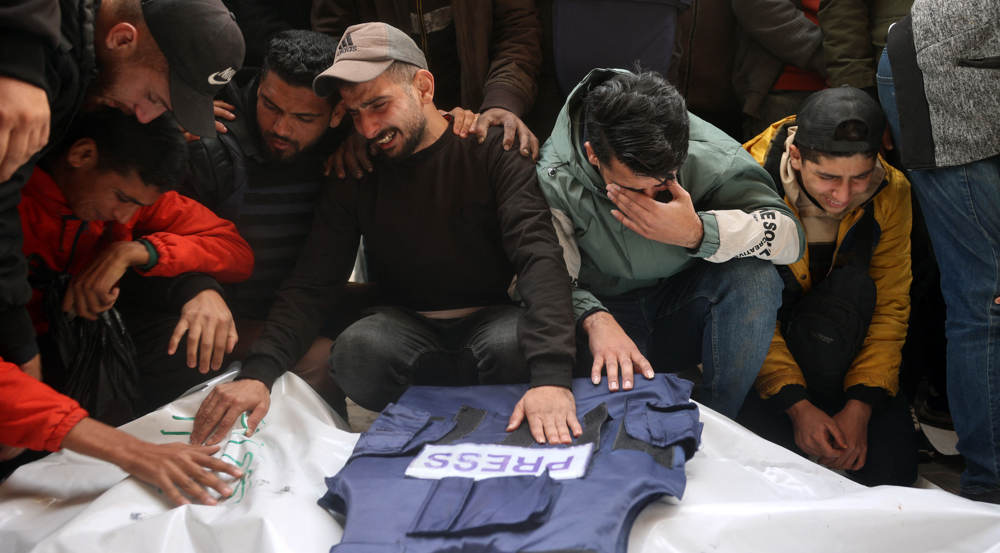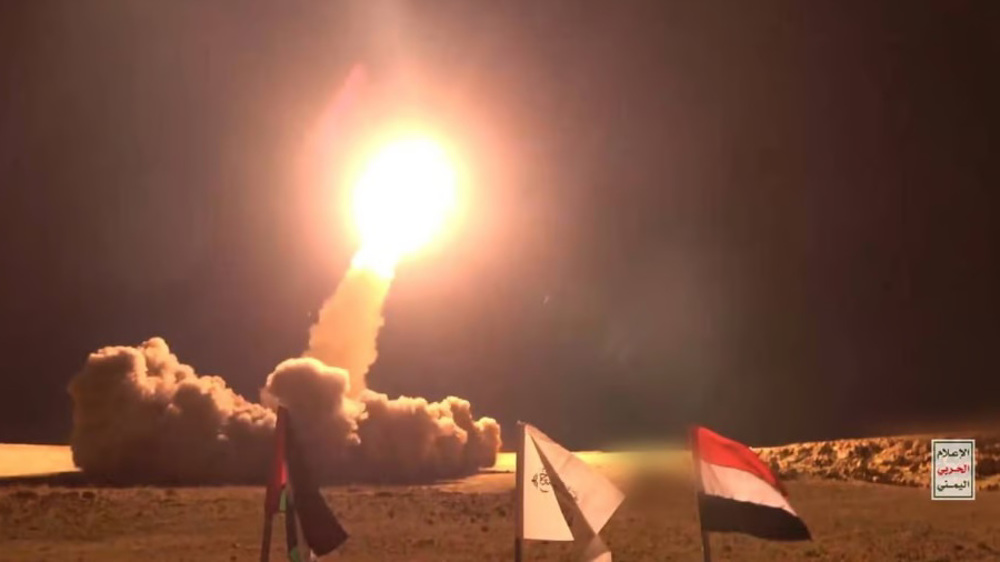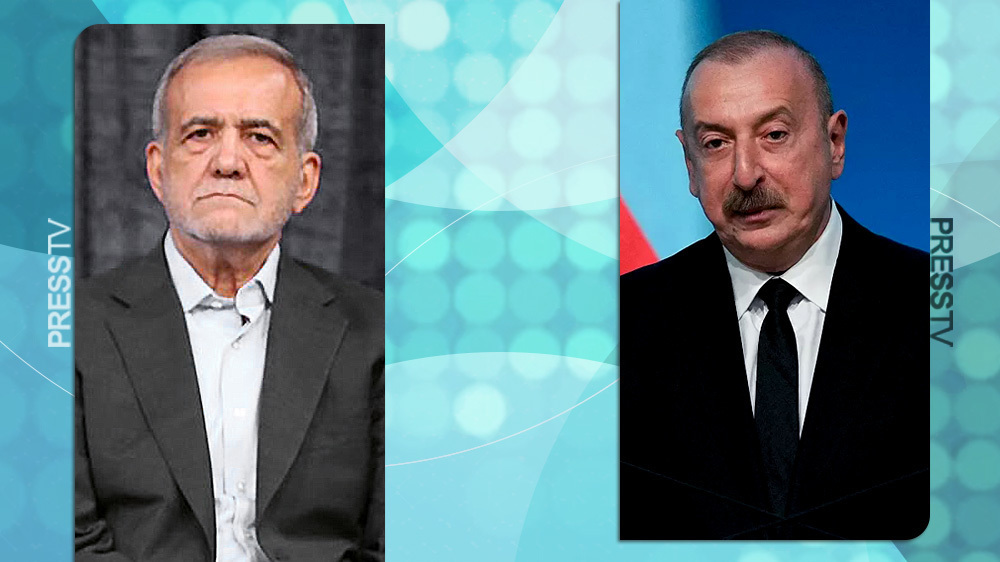New Astana talks on Syria due in mid-February: Russia
Russian Foreign Minister Sergei Lavrov says the next round of peace negotiations for Syria in the Astana format will be held in the Kazakh capital in mid-February.
The top Russian diplomat announced the news during a joint press conference with his Kazakh counterpart, Beibut Atamkulov, in the Russian capital, Moscow, on Monday.
He added that the 12th Astana talks would be attended by the three guarantor nations of the peace process, namely Russia, Iran, and Turkey, as well as observers from Jordan and the United Nations (UN).
He said the presidents of the guarantor states would likely hold a summit, too.
“There is an agreement in principle, the principal understanding is the organization of a regular summit next month involving the Russian, Turkish, and Iranian presidents. As soon as the details are finalized, we will inform you,” Lavrov further told reporters.
He also said Moscow believed that Turkey and Syria would be able to agree on providing security to their common border following a planned pullout of US forces from the Arab country.
“That is why we have to take immediate action to avoid any vacuum there. We believe that Syria and Turkey could freely use the 1998 security agreement, the so-called the Aden Agreement,” Lavrov said.
Since January 2017, Moscow, Tehran, and Ankara have been mediating peace talks between representatives from the Damascus government and opposition groups in a series of rounds held in Astana and other places. The talks are collectively referred to as the Astana peace process.
The first round of the talks began a month after the trio joined efforts and brought about an all-Syria ceasefire. The three states act as the guarantors of that truce.
The talks have helped significantly decrease the violence gripping Syria by creating four de-escalation zones there. They have also paved the way for the formation of a constitutional committee.
This is while a parallel UN-backed peace process in Geneva, Switzerland, has failed to deliver much.
Syria has been gripped by foreign-backed militancy since March 2011. But that conflict has been winding down as the Syrian government reasserts control over parts formerly held by militant and terrorist groups.
Israel preparing to stay in southern Lebanon after ceasefire: Report
Israeli pressure on Hamas ‘hardly helped’; swap deal necessary: Ex-Mossad chief
Far-right Israeli minister Ben-Gvir again storms al-Aqsa Mosque
Iran: Israel’s attack on journalists’ vehicle in Gaza amounts to ‘war crime’
VIDEO | Israel’s war spending
Palestine Action wins again
VIDEO | Palestinian Authority's blockade of Jenin refugee camp reaches third week
Dec. 25: ‘Axis of Resistance’ operations against Israeli occupation













 This makes it easy to access the Press TV website
This makes it easy to access the Press TV website